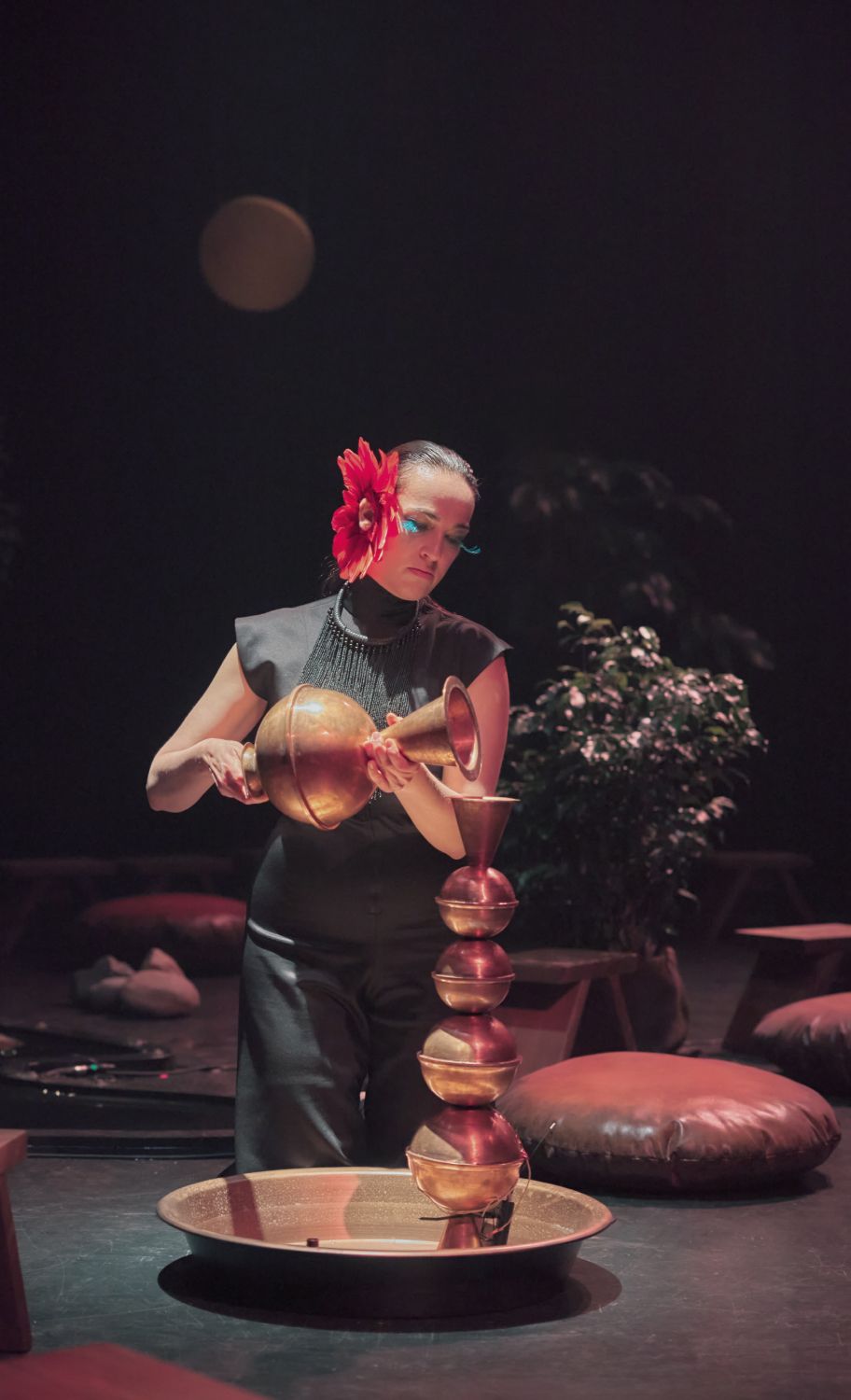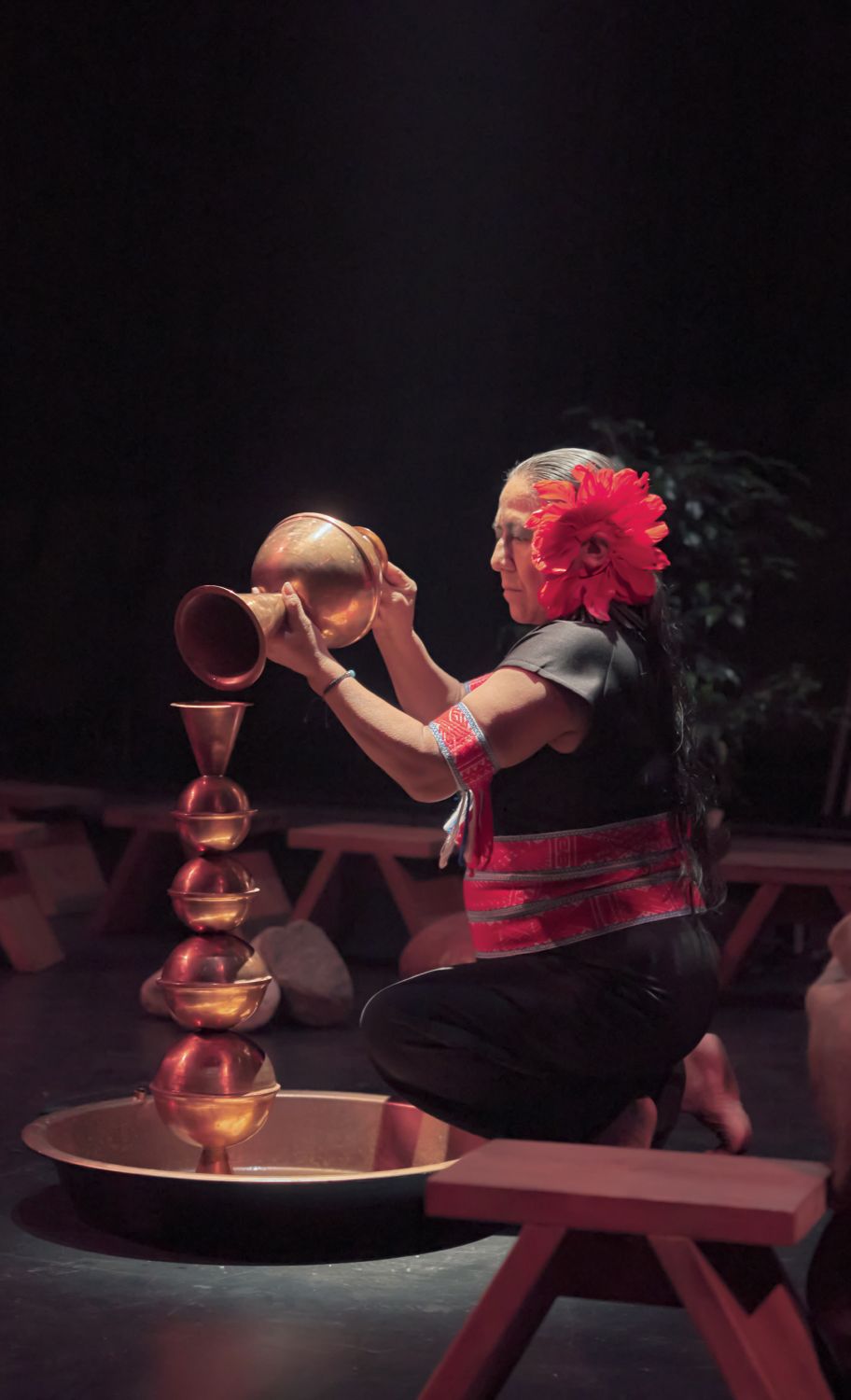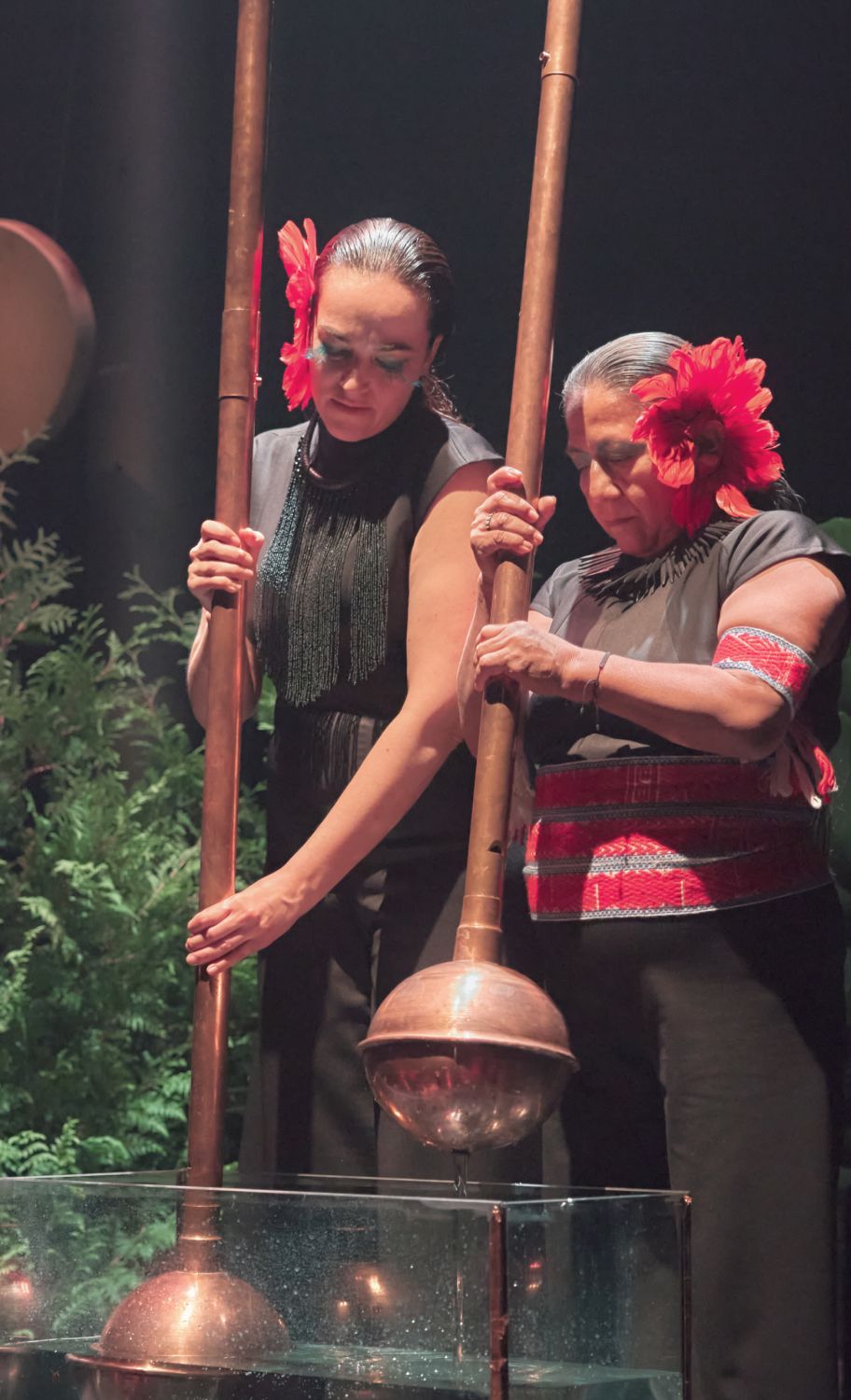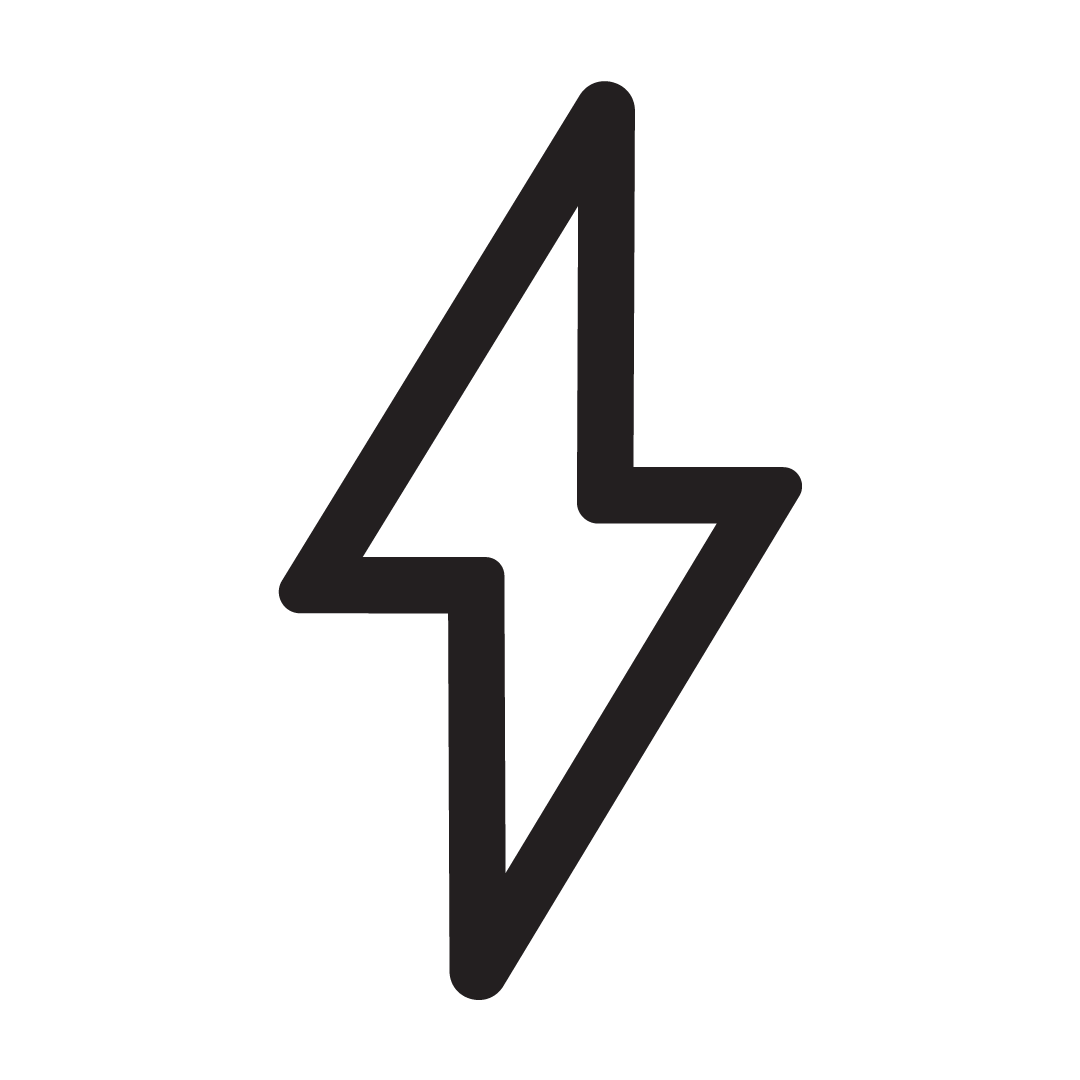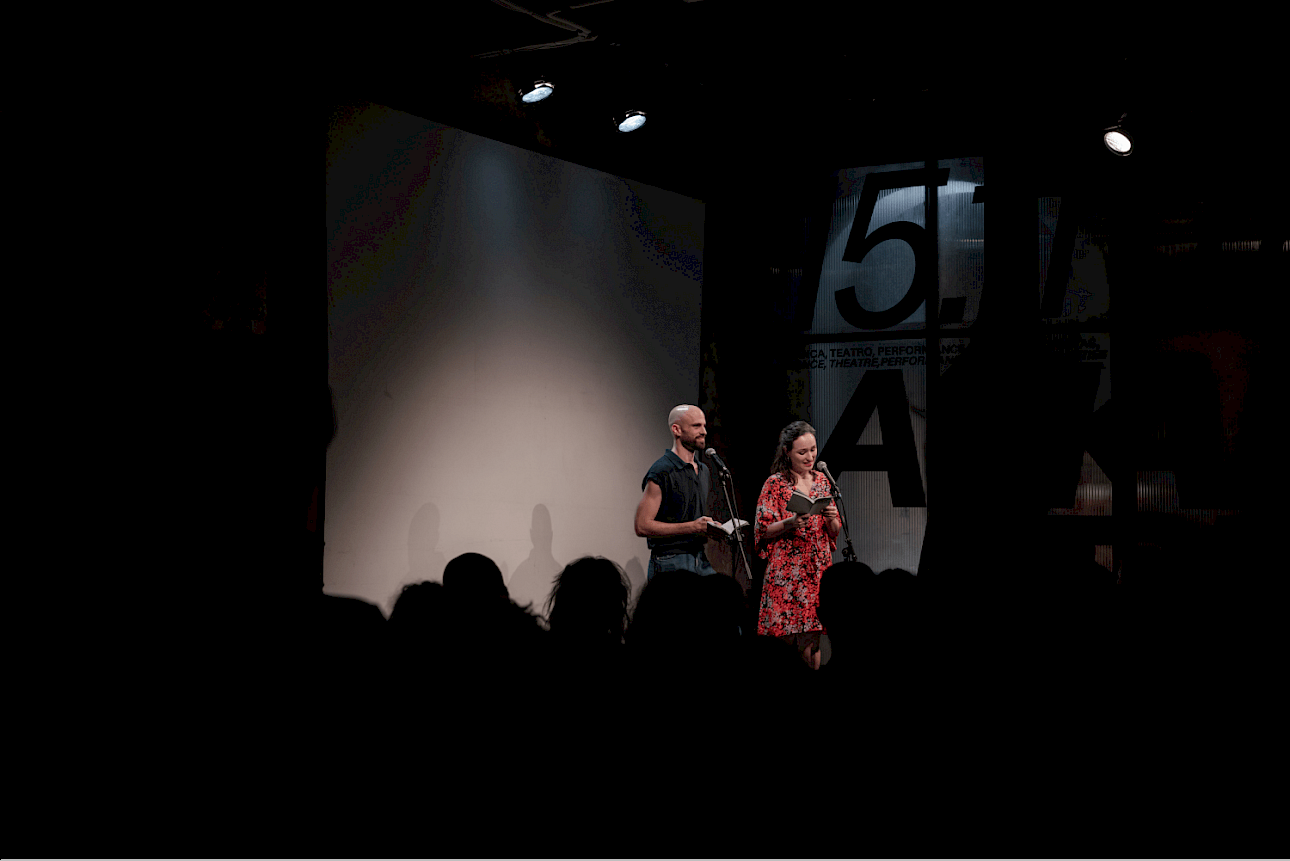Émilie Monnet & Waira Nina
Nigamon/Tunai
- 16.11 — 17.11 2024
- portuguese premiere
- Teatro do Bairro Alto
- €12 (See discounts)
- ages 16+
- 1h25 min
- Multilingual performance (Spanish, French, English, Anishinaabemowin, and Inga), fully narrated in English and Portuguese
Song, breath, trees, water, copper instruments, solidarity, and friendship are the materials of a performative ritual for the protection of our living environments.
Émilie Monnet, from Canada, and Waira Nina, from the Colombian Amazon, are interdisciplinary artists who seek to forge links between Indigenous people of the northern and southern hemispheres.
They share a long-lasting friendship, built on common struggles and cosmogonies. In the Colombian Amazon, on the territory of the Inga people, oil and mining companies destroy entire living environments to plunder resources. This includes copper, which is central to Anishinaabe culture in Canada, where these same companies thrive.
Inspired by solidarity for the protection of water and resistance against extraction of resources, Monnet and Nina create an installation of trees, water, and copper instruments. Nigamon and tunai mean “song” in the Anishinaabemowin and Inga languages. Using their voices, their breath, and their bodies, they weave a performed ritual with audio documentary.
Sage will be burned before each performance on stage (smudging).
Post-show talk with Émilie Monnet, Waira Nina and Ritó Natálio (in English) on 17 Nov.
Credits
Written and directed by Émilie Monnet, Waira Nina Performers Émilie Monnet, Waira Nina Dramaturg Yohayna Hernández Collaborative director Sarah Williams Production assistant Wanderson Santos Music design Frannie Holder Scenography Julie-Christina Piché Sound design Frannie Holder Costumes Yso Beadwork Belen Jacanamijoy Make-up and hair design Julie Cusson Lighting Chantal Labonté Sound spatialization Frédéric Auger Video Mélanie O’Bomsawin Technical director Guillaume Lafontaine-Moisan Production director Cynthia Bouchard- Gosselin, Dominique Sarrazin Protocol consultant (North) Floyd Favel Protocol consultant (South) Luciano Mutumbajoy With the voices of Amanda Roy, taita Luciano Mutumbajoy, Sonia Mutumbajoy, Anik Sioui, Sharon Day Children’s voices (Luna 8) Alanis O’Bomsawin-Galand, Élouan O’Bomsawin-Galand Tree song “Nibi Song” created by Doreen Day Performed by Andrée Levesque Sioui, Nahka Bertrand, Annie O’Bomsawin, Kim Picard, Yolanda Jacanamijoy Mutumbajoy, Natividad Mutumbajoy, Libia guamanga, Eusebia Yanangona, taita Jose Becerra Researcher, responsible for the dramaturgical text Véronik Picard Translation Elisabet Ràfols (French, English, Spanish) Cleo da Fonseca (Portuguese) Administration director Kimberly Guillaume Booking Carcajou Productions
Nigamon/Tunai is a production of Productions ONISHKA in co-production with Festival TransAmériques and in collaboration with Espace GO.
Nigamon/Tunai is supported by the National Arts Centre's National Creation Fund and the Cole Foundation (Intercultural Dialogues).
The presentation of this show in Portugal is supported by Conseil des arts et des lettres du Québec.
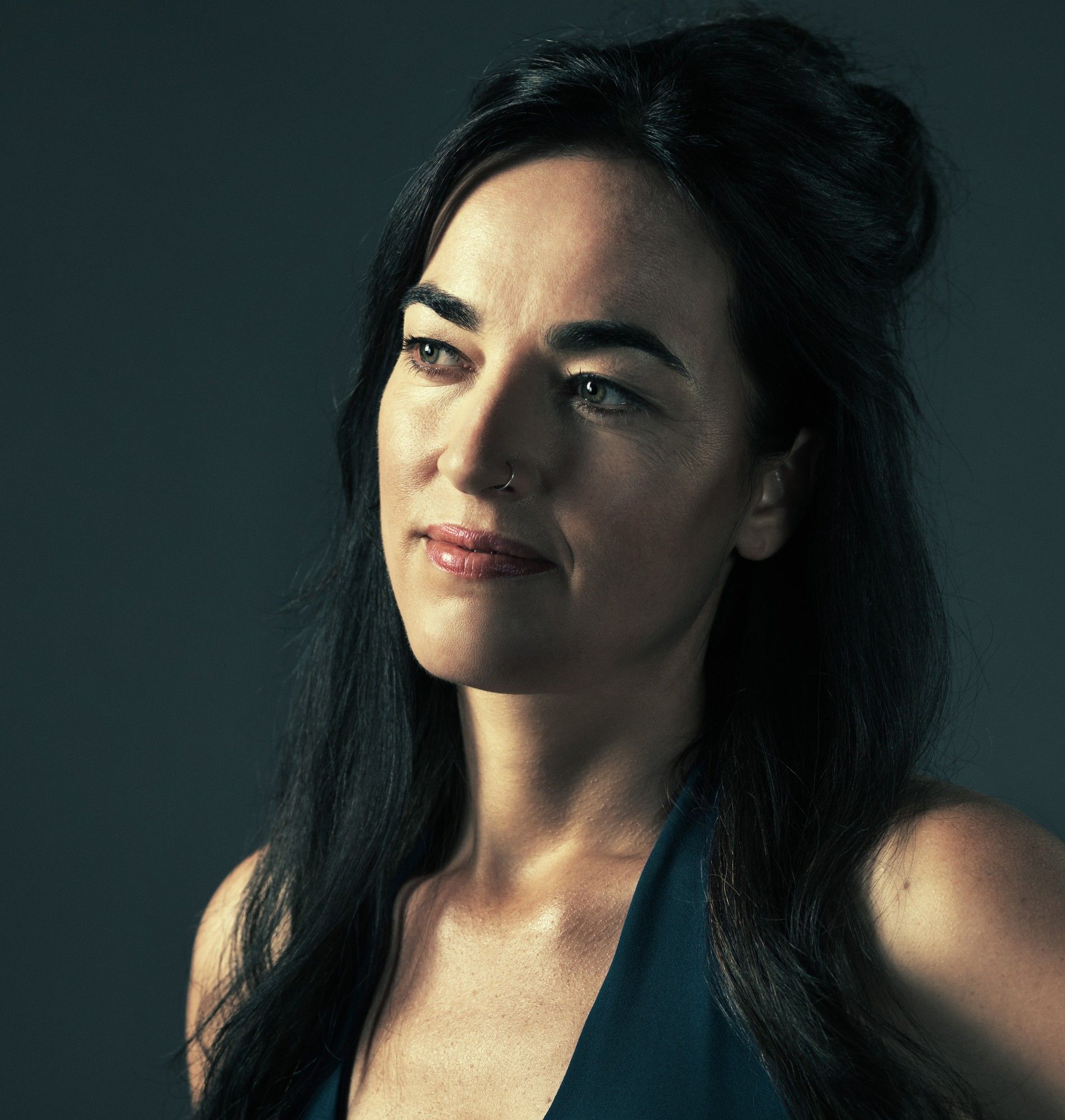
Director, writer and actor, Émilie Monnet's work is rooted in interdisciplinary and inclusive creative processes. She founded ONISHKA in 2011 to forge artistic links at the intersection of theater, performance and media arts. And also to generate nourishing conversations between Indigenous artists of all disciplines and peoples. Meaning “wake up” in Anishinaabemowin, ONISHKA is rooted in the idea that artistic creation is a catalyst for social transformation and that it allows us to question how the realities and struggles of Indigenous peoples are perceived.
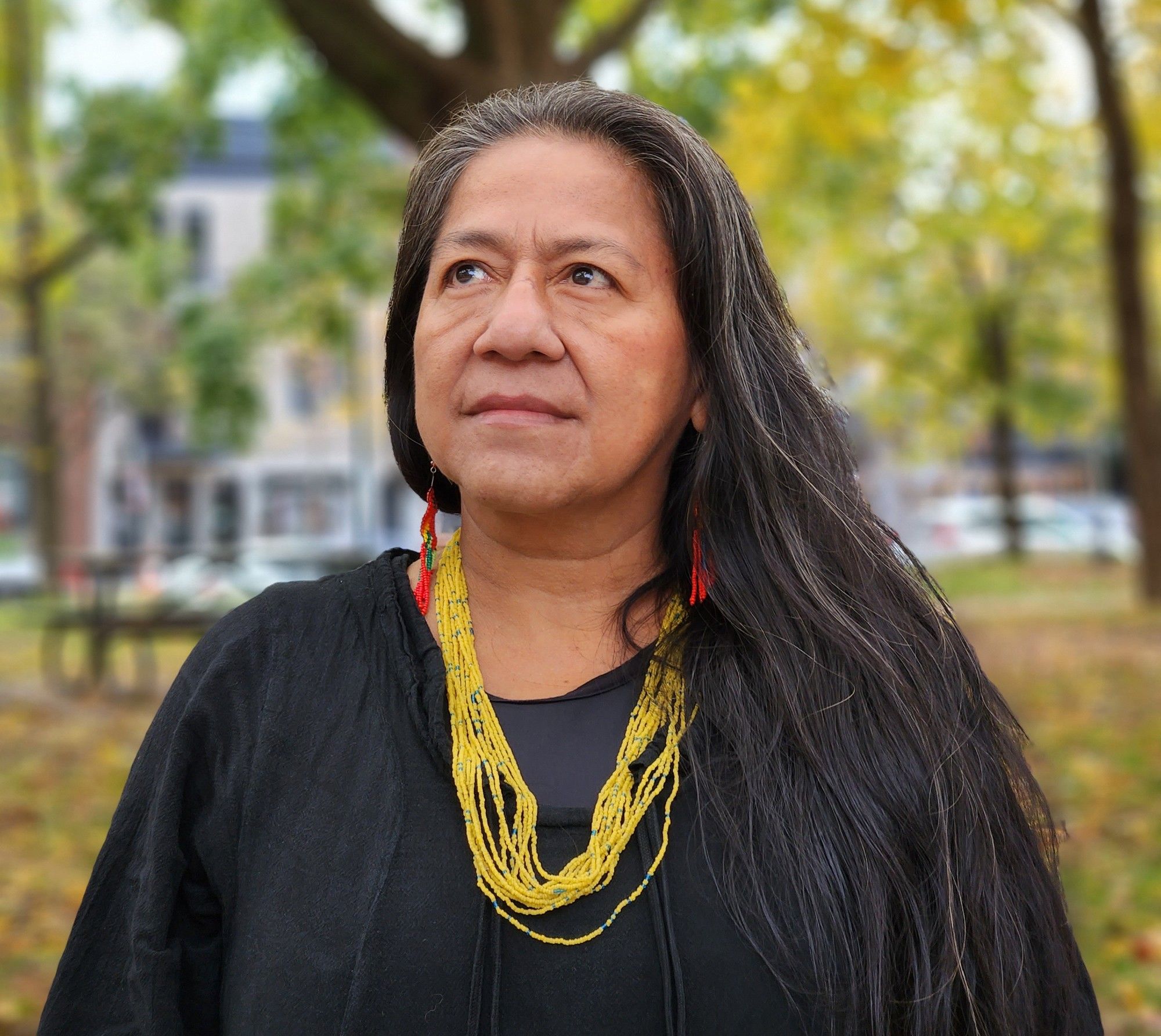
Waira Nina is an interdisciplinary artist, writer and cultural policy advisor for the Inga nation in the Caquetá region of the Colombian Amazon. She is heir to the traditional Ambiwaska ceremonies taught to her by her grandparents, and possesses a wealth of knowledge that has contributed to the official recognition of the Inga territories. She is also communications and culture coordinator for the Tandachiridu Inganokuna association and advises the educational processes of the Yachaikury School. As a leader, she has worked for the recognition of her community's...
